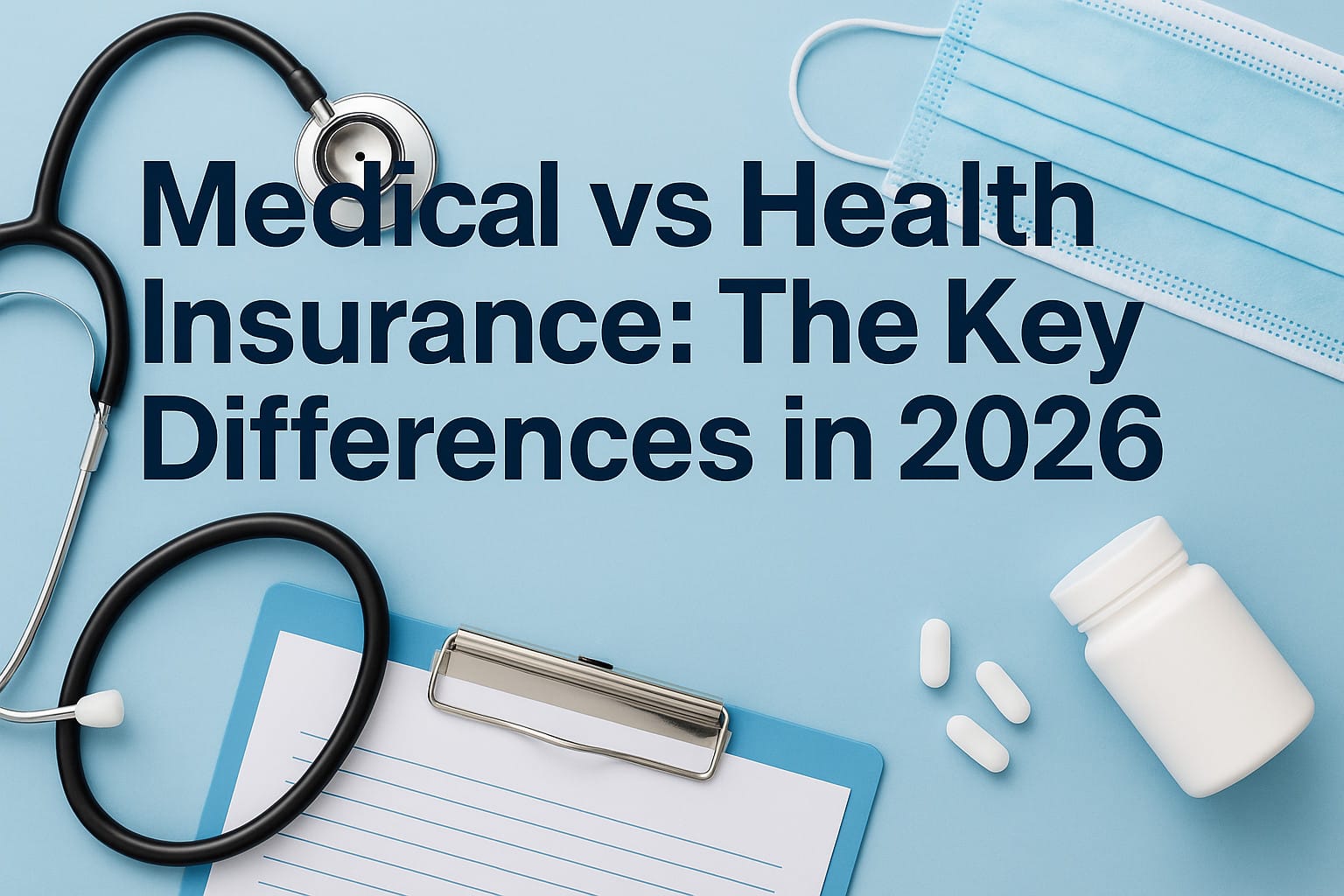As we all know, health insurance is mandatory in the UAE. Get a job in Dubai, and it means you’ve also got to get a health insurance policy, and if you’ve brought your family with you, you’ll need to insure them too. But how does health insurance work in Dubai? Is it linked to your work? To your residency? And what happens if you leave?
Why you must have health insurance in the UAE
Federal law in the UAE dictates that all residents must have health insurance. Whether provided by an employer as part of an employment package or purchased privately to reflect individual preferences and needs, everyone must have medical insurance.
It’s different from emirate to emirate
The UAE is a nation comprising seven different emirates, each with their own ruler. Whilst many expatriates coming to the UAE for employment opportunities tend to gravitate towards the capital, Abu Dhabi, or its famous neighbour, Dubai, some seek the quieter life in Ras Al Khaimah, Ajman, Sharjah, Fujairah or Umm Al Qwain. Each emirate has its own health regulator, whose guidelines are followed by medical insurance providers. In Dubai, the Dubai Health Authority (DHA) stipulates the minimum coverage and limits that should apply to health insurance, and therefore policies issued in Dubai for Dubai residency visa holders may differ from their Northern Emirates’ counterparts.
What’s the minimum health insurance cover required in Dubai?
In Dubai, the base level of policy is known as the Essential Benefits Plan (EBP), whose policy coverage, limits, and minimum premium, is set by the Dubai Health Authority. It’s widely available, with most market insurers providing this type of policy, and can be purchased online through a variety of different insurer portals and/or mobile apps. Under Federal Law, every sponsor is legally obliged to provide anyone under their sponsorship with the minimum standard EBP cover, which includes outpatient consultancy at clinics, referrals to specialists for surgical and pathological investigations, maternity health cover, emergency hospital visits and any surgery required. Sponsors are of course entitled to top up this insurance cover and provide individuals under their sponsorship with a greater level of coverage.
Is medical insurance linked anywhere?
Your Emirates ID is linked to your health insurance and vice versa, so when visiting a doctor, clinic or hospital for treatment, your Emirates ID may be presented as a proof of cover. You cannot purchase health insurance in the UAE without first having a valid Emirates ID, which in turn is only issued after your residency visa has been processed.
Is EBP the only cover my sponsor can provide?
No, sponsors are able to top up the insurance cover they offer their employees and give them a policy with a much wider scope of coverage and benefits should they so wish. Some employers do this as part of their employee benefits package.
I’ve got a new job and changing my employer. Will my health insurance stay the same?
No, when you change employer your cover will change too, for several reasons. First, since health insurance is linked to the residency visa process, which in turn links to sponsorship, if your employer sponsor changes, then they will cancel your visa upon cessation of your employment with them. In turn, your health insurance with them will also cancel. Second, as employer sponsors are responsible for providing their employees with health insurance cover, they will choose which insurer and which plan to purchase for their workforce, so this might change year on year with the same employer, and almost certainly will change from employer to employer.
How long must an employer/sponsor provide health insurance?
Under the law, employers must provide healthcare insurance for all employees until the employment relationship ends. Whilst in practice it could be assumed this is from date of hire until date of termination, in practice, cover usually continues until visa cancellation and official sponsorship ends as employers may continue to be held responsible for former employees who remain under their sponsorship until their visa has been officially cancelled.
I’ve decided to return to my home country. What happens to my health insurance in the UAE?
Under UAE immigration laws, you have a 30-day grace period after your visa is cancelled before you are legally required to leave the country. Since you are no longer employed, you will not be covered by your former employer’s insurance policy, and will therefore be responsible for your own healthcare costs during that time.







